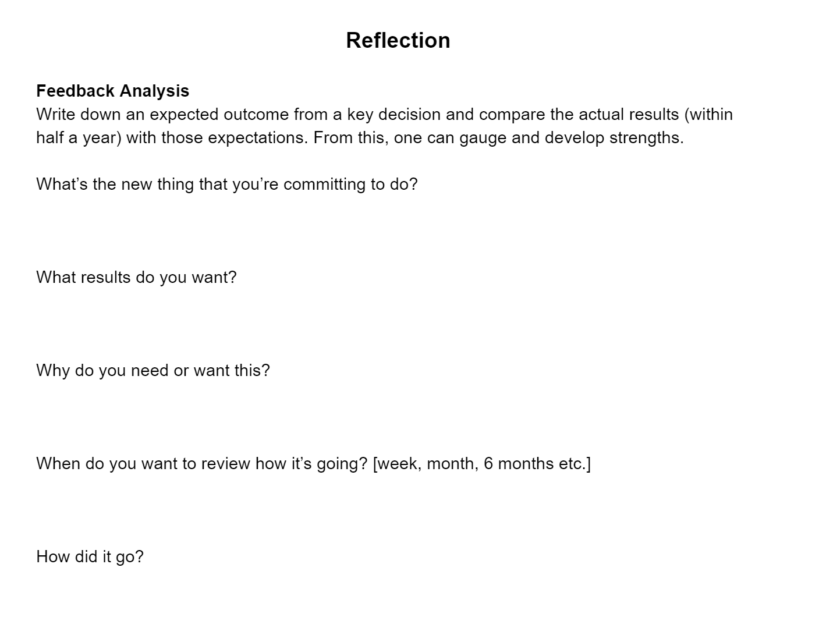Want to improve your life by applying positive psychology? Look no further than this article!
In recent years, psychology’s focus has shifted from study of the negative and ways to neutralise unwanted emotions, to ways of having individuals and organisations flourish and create meaning.
The reason for this includes the rising statistics of depression and mental illness despite increases in income, and that the annual cost of work-related stress is $14.8 billion dollars in Australia. Additionally, individuals who rate themselves low on “life satisfaction” stay at home an average of 1.25 days more per month, significantly impacting a company’s productivity rate.
It was found that individuals who displayed positive mindsets possessed a host of advantages in their lives, including increased:
- Productivity
- Creativity
- Problem solving
- Innovation
- Social skills
- Optimism
This also impacted their cardiovascular health, decreasing the likelihood of heart attacks.
Brain Preservation and Enhancement
Cognitive Fitness: the brain’s ability to: reason, remember, learn, plan, adapt
Benefits include:
- Strengthened brain function
- Reduced risk of neurodegenerative diseases
- Openness to new ideas and experiences
- Better engagement and increased creativity
The base of everything psychological is biological, and the brain is the centre of it all. Thus, below are some general guidelines and tips for its preservation and enhancement.
Exercise
- Minimum of 1hr per day of brisk walking
- Benefits include:
- Lower risk of dementia
- Increased blood flow
- Improved mood through the release of endorphins in the brain
Sleep
- 8hrs of sleep
- Both hypersomnia and insomnia are associated with higher rates of dementia
- Beta-amyloid protein (which, if too dense, can lead to alzheimer’s) is cleared during sleep
Learning
- (Reading and writing) preserves memory
Diet
- The brain uses approximately 20% of the body’s calories
- Runs on carbohydrates
- Omega-3 fatty acids – fish, soy, seeds, nuts
- Antioxidants – coffee (but not too much!), berries, avocados, peanuts, eggs, broccoli
- Dark chocolate! – encourages blood flow in the brain, neuron and blood-vessel growth
VIA: Character Strengths and Virtues
Developed by Petersen and Seligman in 2004, the Values In Action (VIA) project aimed to respond to the diagnostic and statistical manual of mental disorders. It consists of 24 character strengths under 6 broad virtues contributing to the good life for the self and others. Additionally, these were drawn from world wisdom traditions and are seen to be true across cultures and organisations. It was found that individuals who use their character strengths do not diminish others in the vicinity, and manifest in a range of thoughts, feelings and behaviours.
By taking the VIA character strengths and virtues test, one is able to gauge their “signature strengths”. Furthermore, signature strengths hold particular significance in that individual’s life, and implementing them has been shown to increase levels of happiness.
Once you are aware of your signature strengths, you may like to do some reflection and research on how you can implement them daily. In terms of organisational benefit, character strengths lead to individual flourishing, greater meaning, more flow and improved retention and performance.
Take the test: https://www.authentichappiness.sas.upenn.edu/questionnaires/survey-character-strengths
Mindset and Flourishing
Gratitude: The recognition of gifts in one’s life.
Mindfulness
- Improves cognition, vitality, ethical decision-making and relationships
- Actively noticing things in the present
- Lets you know why you are doing something
Fixed vs Growth mindset
Mindset can play a huge part in the way that one approaches life, and is a big part of applying positive psychology. Fixed mindsets believe that intelligence is static, that “smart” is defined, and creates a deterministic view of the world to avoid challenges wherever possible. On the other hand, growth mindsets believe that intelligence can be developed, embrace challenges, and have a greater sense of free will.
- “What can I learn from this?”
- “What will I do next time I’m in this situation?”
“There are no positive or negative outcomes, simply paths with challenges and opportunities.”
Theory of Wellbeing (creating a flourishing life)
- Positive Emotion
- Engagement – the presence of a flow state
- Relationships – friends, family, intimacy and social connections
- Meaning – something bigger than oneself
- Achievement – pursued for its own sake
“Live in the present and make it so beautiful that it’s worth remembering.”- Arnold H. Glasow
Appreciative Inquiry
Shifts focus from problem solving, which creates deficit thinking, to drawing upon and expanding what is already working.
4-D Cycle of AI:
Discovery – what is working?
Dream – what might be?
Design – what should be?
Destiny – how does one empower, learn and improvise?
Additionally, there are 5 principles of appreciative inquiry:
- Constructionist: reality is socially constructed
- Simultaneity: learning and change can happen together
- Poetic: there are endless interpretive possibilities of the past, present and future
- Anticipatory: what we anticipate, we enact
- Positive: words create worlds, and the more positive the question, the more long lasting and successful the change effect.
Authentic Leadership
Encompasses the idea of being authentic in both work and life, by bringing personal values and sticking to them regardless of context. The four elements of authentic leadership include:
- Self-awareness: reflecting on core values, identity, emotions and motives
- Internalised moral perspective: self-regulatory process using internal moral standards to guide behaviour
- Balanced processing: analysing information objectively and exploring opinions before making a decision
- Relational transparency: being open and honest in presenting one’s true self to others.
Authentic leadership is developed over a lifetime. It is a journey and a hero’s quest. Authentic leaders have a true north compass: their most deeply held beliefs as a result of learning who they are through hardships and experiences. They receive feedback from true comrades and know that one cannot succeed without knowing and overcoming blindspots.
Tolerate failure, and don’t beat yourself up!
Authentic leadership fulfills society’s need for trustworthy leadership, creating a flourishing life and having the courage to follow intrinsic motivation.
“We are all faced with a series of great opportunities brilliantly disguised as impossible situations.”- Charles Swindoll




